The main source of drinking water for residents of the Iranian capital Tehran is at risk of running dry within two weeks, according to state media, due to a historic drought plaguing the country. The Amir Kabir Dam, one of five that provide drinking water for Tehran, holds just 14 million cubic metres of water, which is eight percent of its capacity, the director of the capital's water company, Behzad Parsa, was quoted as saying by the IRNA news agency on Sunday. At that level, it can only continue to supply Tehran with water for two weeks, he warned.
According to Parsa, the current water level in the Amir Kabir Dam is critically low, and the situation is exacerbated by the worst drought in decades affecting Iran. The drought has resulted in a significant decline in rainfall, which is essential for replenishing the country's water reservoirs. The water shortage has severe implications for the residents of Tehran, who rely heavily on the Amir Kabir Dam for their daily water needs.
The drought in Iran is not an isolated incident, but rather a symptom of a larger issue affecting the region. Climate change has led to a significant decrease in rainfall in the Middle East, resulting in severe water shortages in several countries. The situation in Iran is further complicated by the country's geography, with the majority of its water sources located in the mountainous regions, making it difficult to access and transport the water to urban areas.
Experts warn that the water shortage in Tehran could have far-reaching consequences, including increased competition for water resources, potential health risks, and economic losses. The Iranian government has announced plans to implement measures to mitigate the effects of the drought, including reducing water consumption and increasing water efficiency.
The situation in Tehran highlights the need for sustainable water management practices and the importance of addressing the root causes of the drought. As the world grapples with the challenges of climate change, it is essential to develop effective strategies to manage water resources and ensure that they are available for future generations.
The Iranian government has yet to announce a comprehensive plan to address the water shortage in Tehran, but officials are working to implement short-term solutions to ensure the city's water supply. The situation remains fluid, and residents are advised to conserve water and prepare for potential shortages.
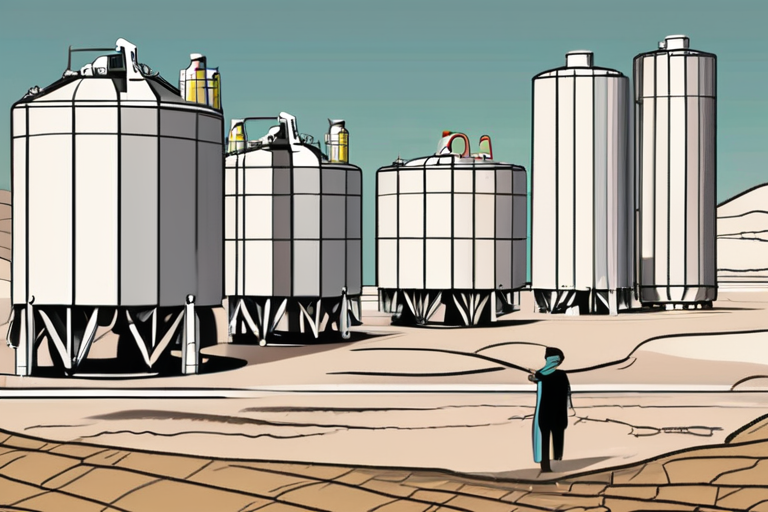


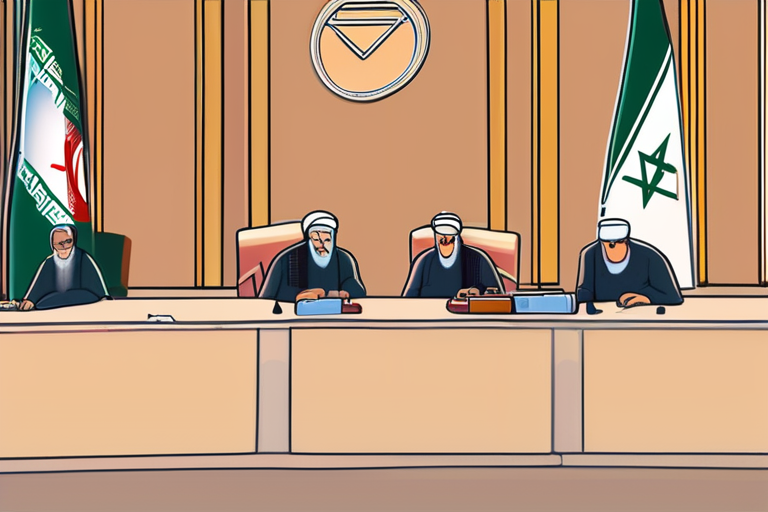

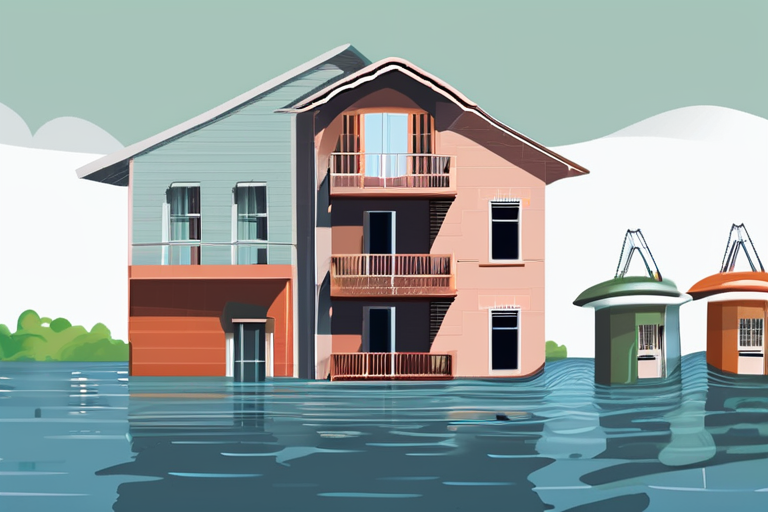
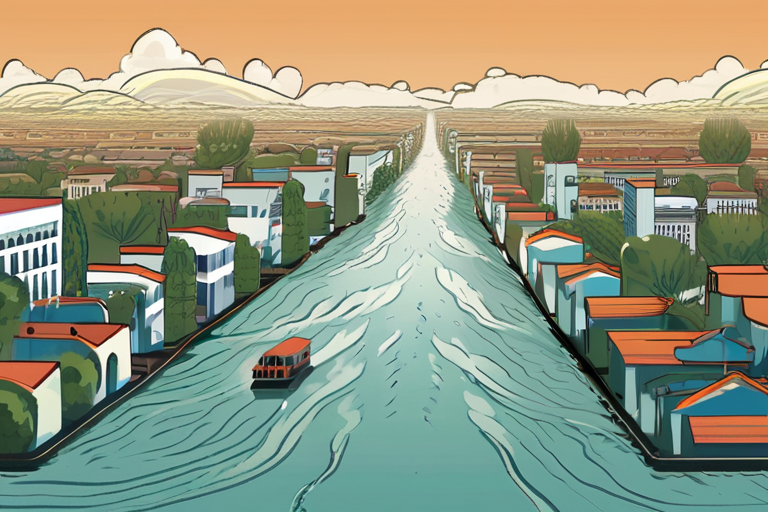
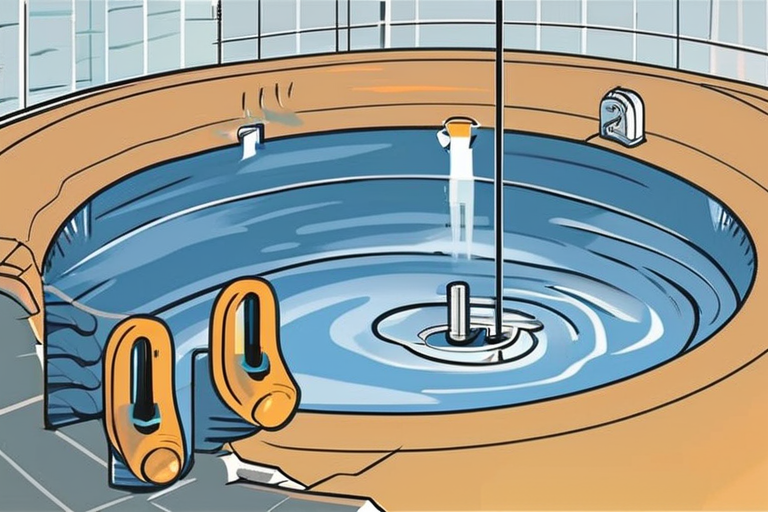
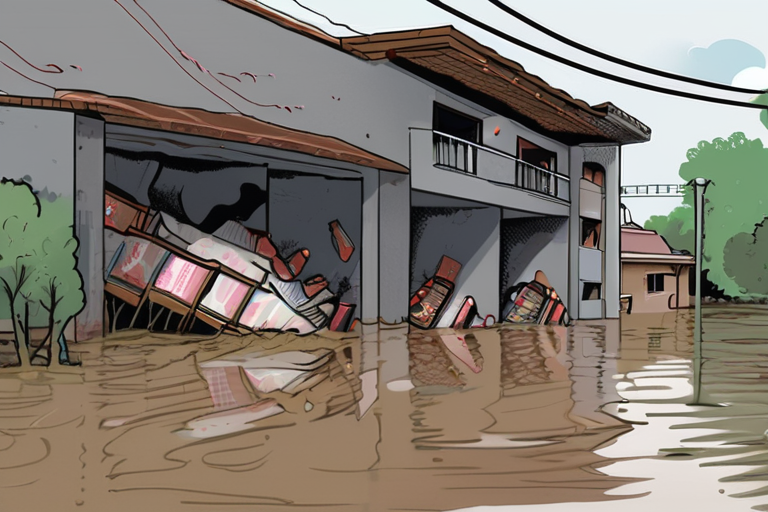
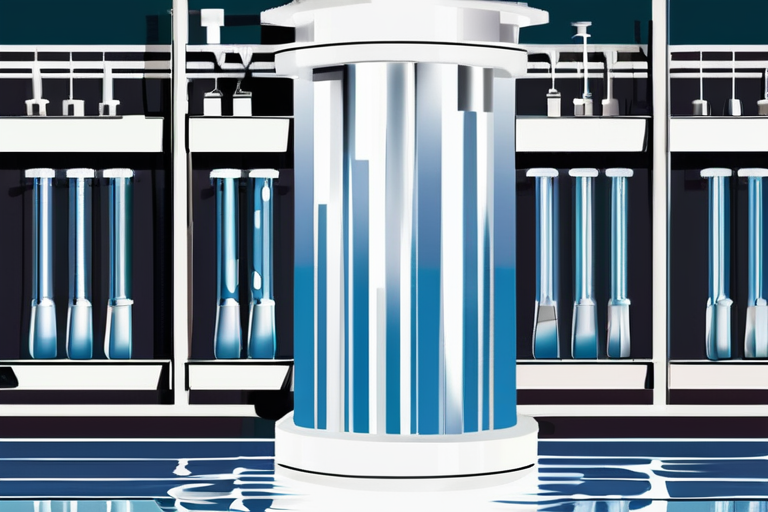
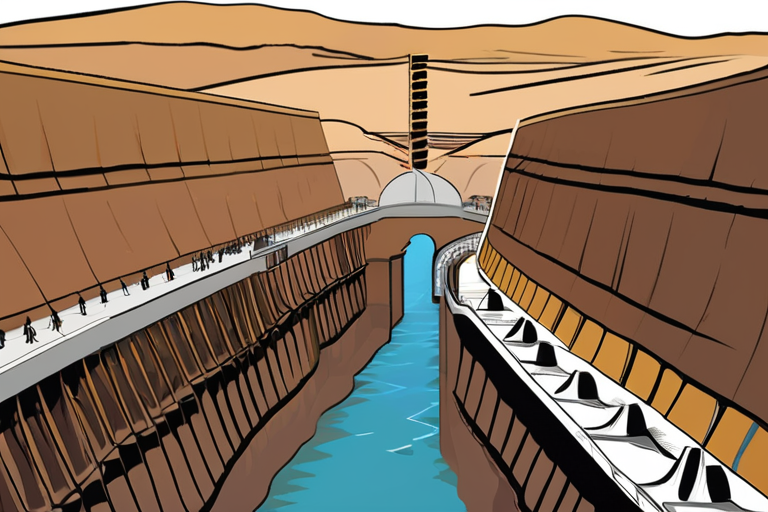
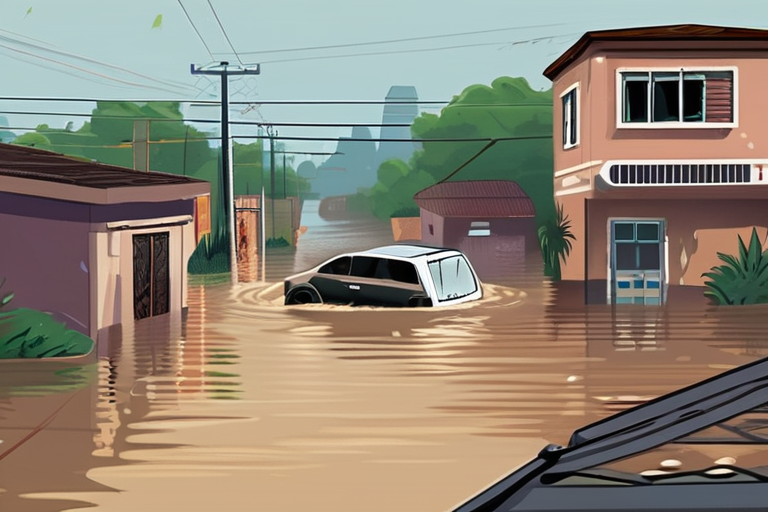
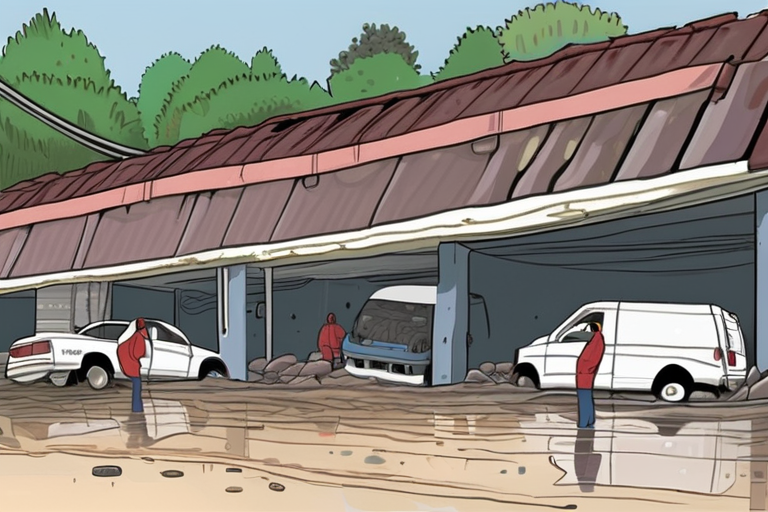

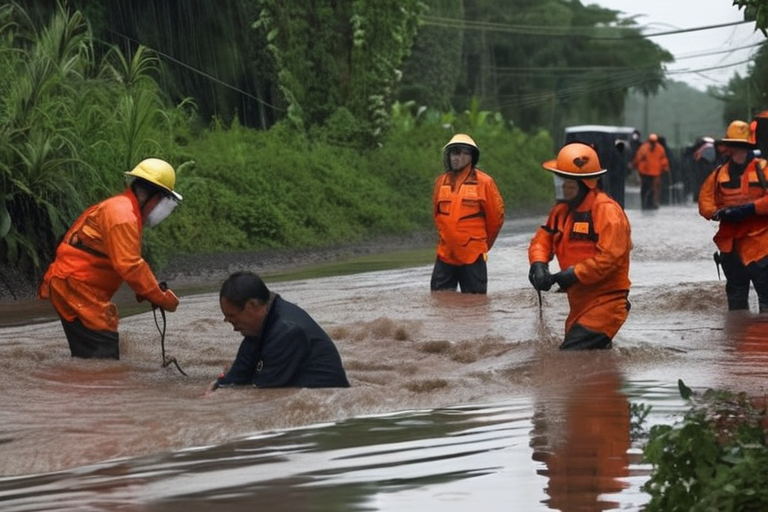
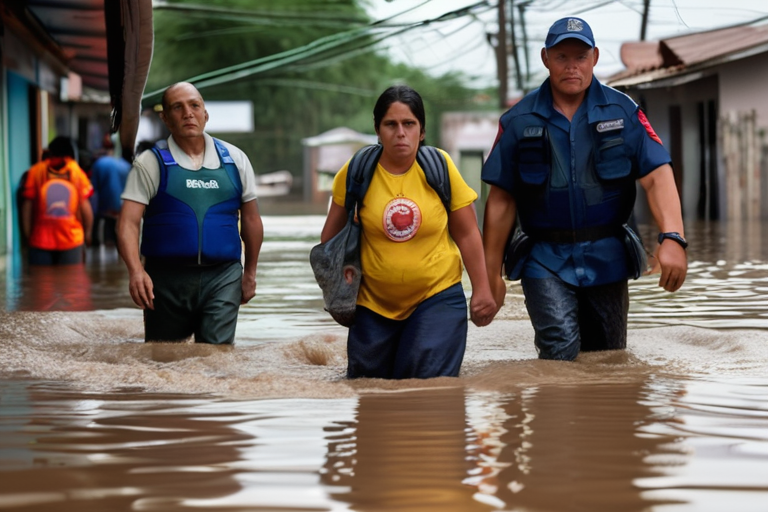
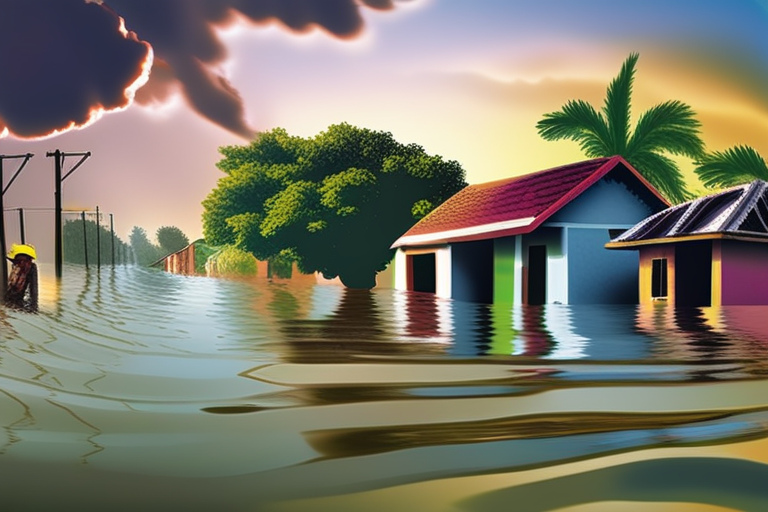
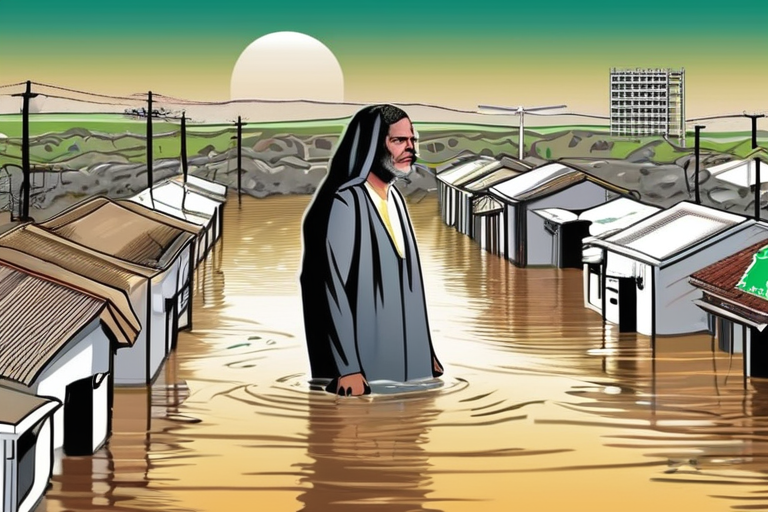
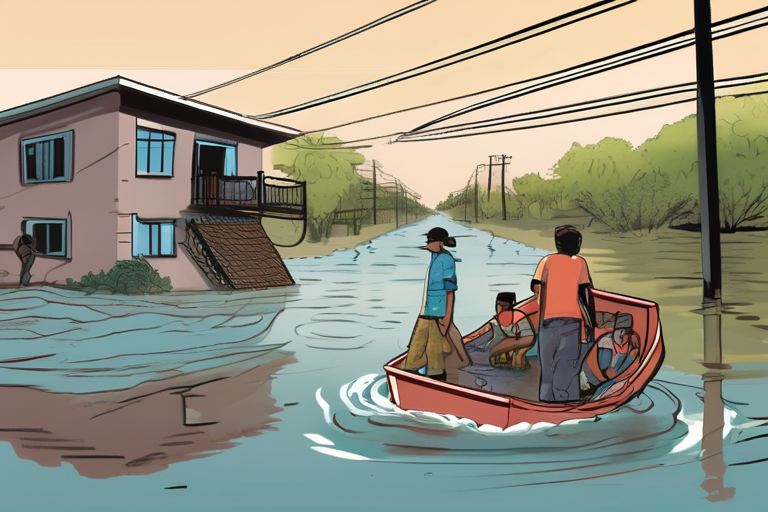
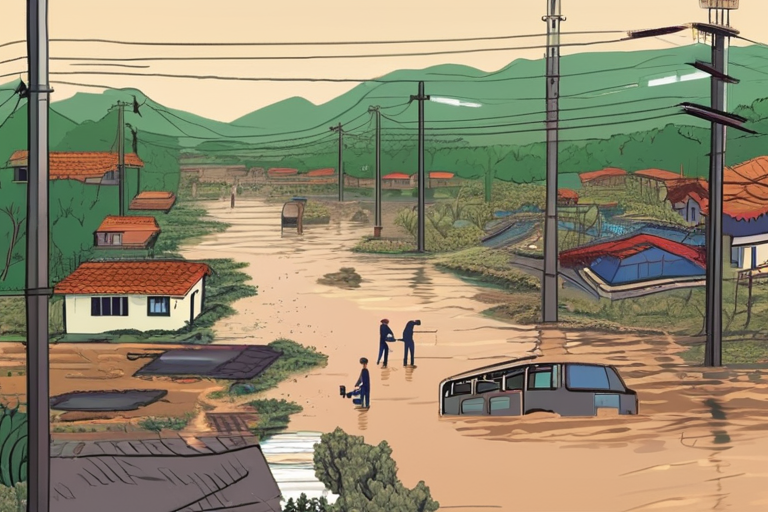
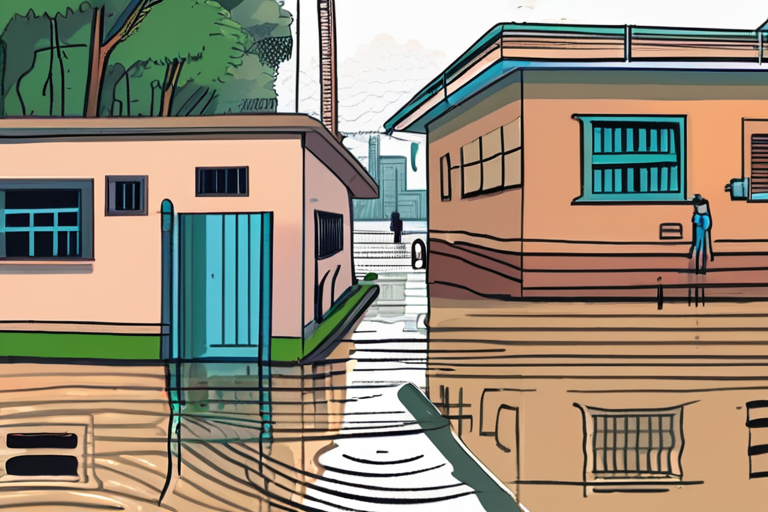
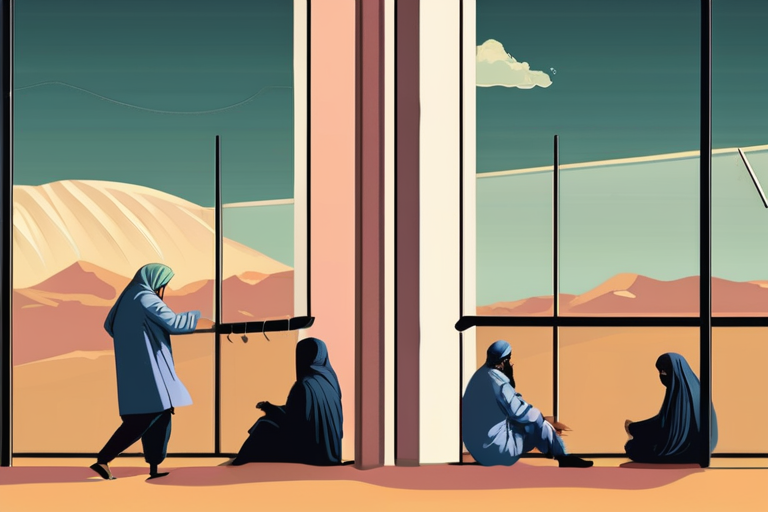
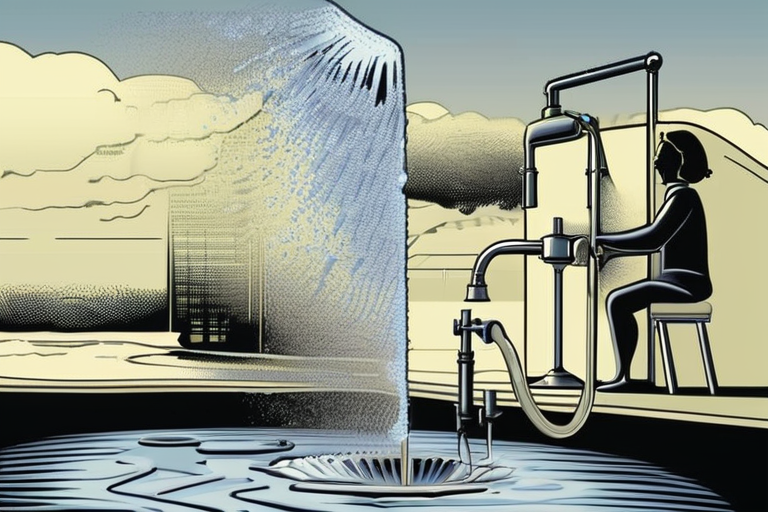
Share & Engage Share
Share this article